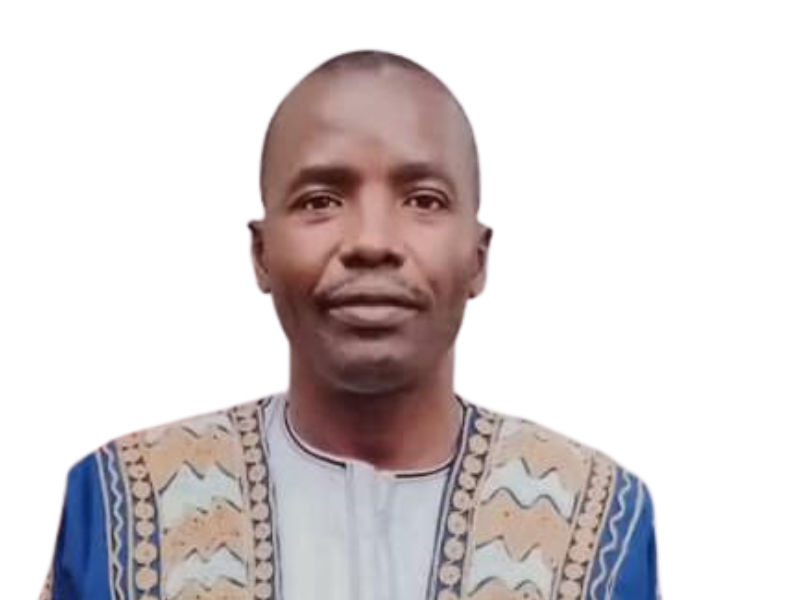- June 10, 2018
- Posted by: Communications
- Category: Empango 2018 Magazine
By Robert Owagonza Abwooli

Emyenda ya Bunyoro Kitara, we usually engage ourselves in quite a number of economic activities in order to earn a decent living. These range from Agriculture to varying scales of businesses. We get money but sooner than later, we find ourselves in a financial challenging situation (financial crisis) before even celebrating
I am pleased to share with you a step by step narrative of mastering personal financial management.
- Determine what you need and what you can do without
Plan to meet your basic needs before thinking of luxuries. For example, ensure that your children’s school fees are paid before you spend money on alcohol, luxurious vehicles and expensive clothes. - Decide what is important for you
You should set financial goals to be able to manage your money well. Think of what you want in life and set goals towards achieving that. For example, if you want to buy land in 5 years’ time, start saving for it now. If you are working for something that’s important to you, and if you have a plan of action, you will be more likely to succeed. - Set family financial goals
Your financial plan should include the goals, resources, and responsibilities of the entire family. You can achieve family needs but not necessarily what each family member wants. For example, you can decide together what schools to take your children to and which medical centre your family can get treatment from, according to your income. - Raise money to meet your financial goals
After setting your financial goals, plan where you will get the money from. If you can’t get enough money from your income, raise additional money through home based projects (e.g. vegetable growing and marketing, bricklaying, roasting and selling of groundnuts, baking, etc.). You can also cut your expenses and save: Look for ways to spend less so that you can save some money to help you reach your financial goals. - Prepare a budget which is within your income
Once you have decided on your priorities, find out how much you need to pay for them. Make sure you plan not to spend more than you earn. When making your budget, keep in mind that prices usually change over time. - Keep track of your expenses
It is important to keep track of all your expenses, e.g. keeping a book where you record all your daily expenses. This helps you monitor how you spend your money and can provide guidance on which expenses you can reduce or do without. If you keep your money with a bank, ask for your bank statement to see how much money has been coming in and how much is going out. - It’s easy to get into debt but hard to get out
If you borrow money, plan carefully how you will use your loan and how you will pay it back – and stick to your plans. Always use borrowed money for the purpose you borrowed it. Avoid borrowing to pay off debt. - Save and invest to grow your earnings
Some people look at their income and “get comfortable” with it. Don’t be one of them! You can save a portion of your income and you can invest part of it in a business, shares and other property. Save and invest so that you will still have something to live on in case of a sudden loss of employment, accident or illness. - Keep the ATM/Credit card away
Money can be very tempting if it is easily accessible. Try to carry only the money you need for the day and a small amount for emergencies. Moving with an ATM and or credit card is as good as carrying money. Keep it/them away unless you really need to get money for a certain purpose.
- If you gamble, you eventually lose
Gambling can take the form of betting on sports, games, playing cards and more sophisticated games like in casinos or online. Reckless business investments are also gambles. Sometimes gamblers win or benefit for a short period but, in the end, they always lose more than they have won or benefitted. Gambling has left many people financially strained with destroyed relationships and friendships and an unmanageable amount of debt. For example, you may lose 10,000/= ten times and only win 40,000/= once. This means that you would have lost 60,000/=. - Be mindful of the expenditure on dependents
In the African setting, we tend to have many dependents. You need money to maintain these relations in food, medical care, housing and education. Think about how much you will have to spend and what you can afford.
Write a will to protect your investments for your dependents
To make sure that your money and property is going to the people you want to when you die, write a will. A will is a signed document which spells out how, and by whom, you want your property to be managed after your death and who should benefit from it. Don’t forget to update your will whenever you get new property, children, a partner or whenever you lose, sell or give away the property you included in your original will. Your dependents should know where to find your will.
By Robert Owagonza Abwooli



